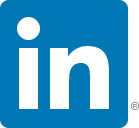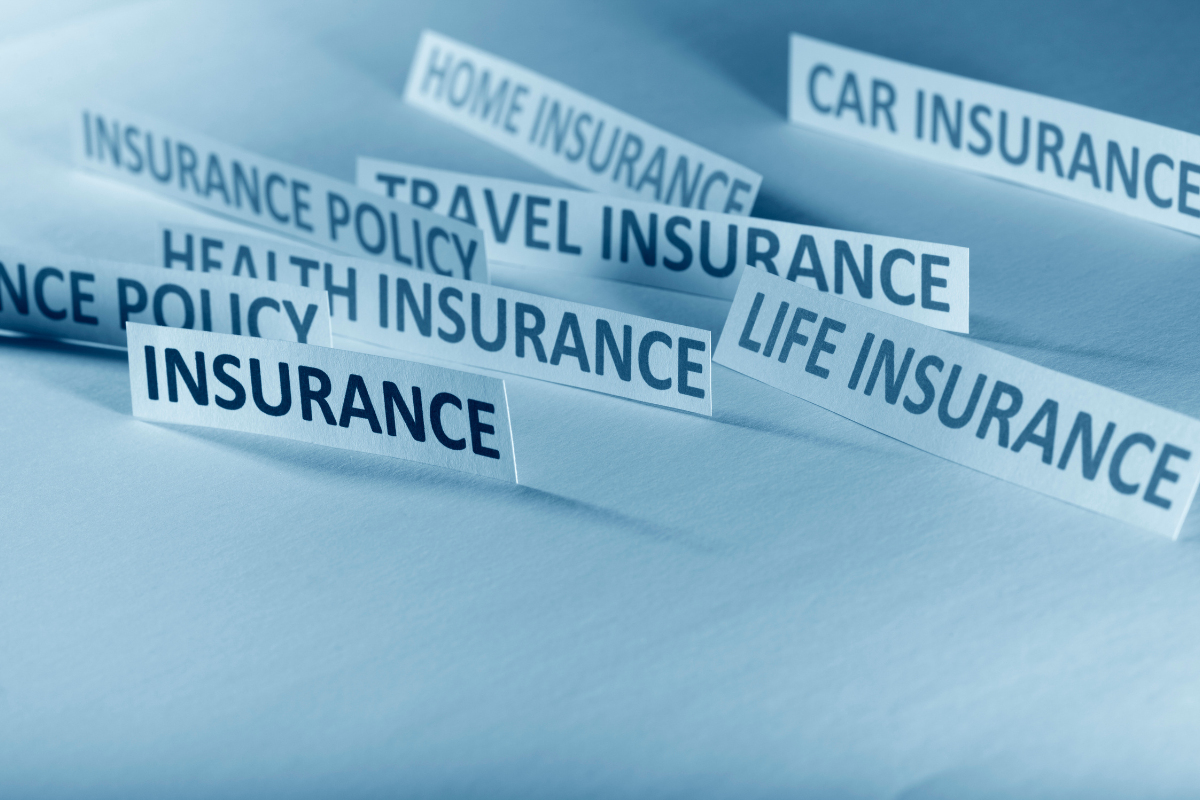Everything you need to know about medical examinations for life insurance
When you take out an insurance policy, the provider will determine how much you’ll be required to pay in premiums.
This process, called underwriting, assesses the insurance risk, and usually requests information about occupation, medical history, pursuits, hobbies and financial situation. Essentially, it means you’ll only be paying the premiums that are required for the amount of cover you need.
During this process, a provider may need more information about your medical wellbeing in order to make a properly informed decision about your application. For example, if you have a pre-existing condition, you may have to go through a medical examination before you’re approved for cover.
What is a medical examination?
Generally, medical examinations are pretty straightforward, and only required to ensure the information you have provided is correct so the insurance provider can make an informed decision in relation to your application.
You can think of it as a form of risk protection, making sure the insurer has all the facts before they decide to offer a policy.
The exam isn’t usually an invasive process. Rather, it’s generally a quick check-up with a medical professional who will ask you some questions and also do a quick examination.
There are usually a couple of steps involved:
A verbal questionnaire – some of these questions will relate directly to your insurance application and others will be more general in nature. It’s crucial to remain open and honest during this process.
Sample collection – some insurance providers may require you to provide samples including urine, blood and saliva.
General information will also be collected including height, weight, blood pressure and pulse. In some cases, an insurance provider may require further tests such as x-rays or ECGs.
If insurance providers have more cause for concern, they may require a more in-depth examination. Again, it’s to assess risk and to make sure both you and the provider have a full understanding of your health before implementing a policy.
What is being checked in a medical examination?
Generally speaking, a medical examination is looking for chronic conditions and overall health. It’s also looking at whether there is the likelihood that something may develop in the future. Of course, no one has a crystal ball but your overall health can show a few indicators.
Of course, there are many other issues that medical professionals look for when it comes to insurance. Your examination is compared against your application form as well so the insurance provider has a thorough understanding of your situation.
Preparing for a medical examination
There’s not much to do by way of preparing for an examination. First and foremost, you must ensure you answer all questions on your application form honestly. This means the medical professional knows what to expect.
A good tip is to schedule your medical examination first thing in the morning as you may be required to fast. Have all paperwork ready and ensure you have a list of your medications.
Taking out a life insurance policy
While medical examinations aren’t mandatory in Australia, some insurance providers will require applicants to undergo one.
At the end of the day, your insurance policy is there to financially protect you and your family, providing peace of mind. Remaining honest through the whole application process is important to ensuring you are paying the right premiums and also, that the insurance provider is covering you for the amount you and your loved ones need.
To discuss you insurance needs talk to the team at ADR Wealth, we’re here to help.
Source: TAL





